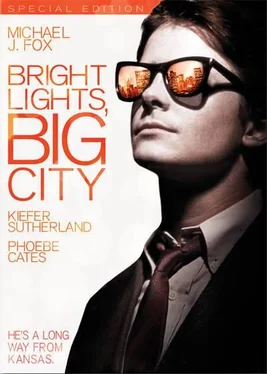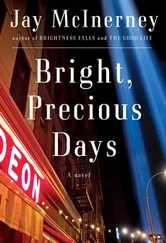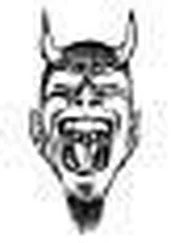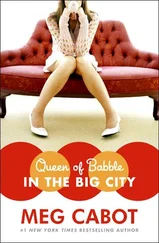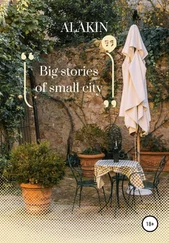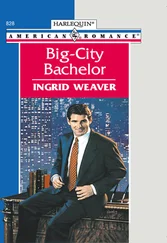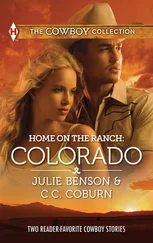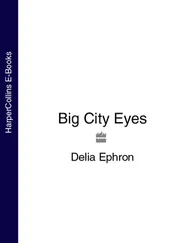As you resume your walk she describes the house in which she grew up. A rambling Tudor affair on the shore in Marblehead, which started out early in the century as a summer house and, despite the formal dining room, never quite lost its wet-towel ambience. There were empty rooms to play in, and a closed alcove under the stairs which no one could enter without her permission. Pets galore. A gazebo where the four girls had tealess tea parties presided over by Vicky's eldest sister. Their father kept chickens in the boathouse and spent years trying to bring a vegetable patch to life. Every morning he woke up at five and went for a swim. Mother stayed in bed till her daughters and the pets gathered in her room.
What she tells you is enhanced by the increasing animation of her gestures and facial expressions and becomes a vivid image of this childhood Arcadia. You notice for the first time that she has freckles. You didn't know they still made them. You imagine her as a child carrying a bucket of sand down to the beach. You see yourself watching from the bluff, through a time warp, saying: Someday I will meet this girt. You want to watch over her through the interval, protect her from the cruelty of schoolchildren and the careless lust of young men. The irrevocable past tense of the narration suggests to you some intervening tragedy. You suspect a snake in the vegetable garden.
"Your parents?" you say.
"Divorced three years ago. Yours?"
"Happy marriage," you say.
"You're lucky."
Lucky is not the word you would have chosen, except maybe out of a hat.
"Do you have any brothers or sisters," she asks.
"Three brothers. The youngest are twins."
"That's nice. Symmetrical, I mean. I've got three sisters. Boys were very mysterious to us."
"I know what you mean."
"Listen. Do we have to meet Tad later?"
"Tad has no intention of meeting us. Or, rather, he has good intentions, but he won't be there."
"Did he tell you that?"
"No, it's just that I know him. Tad is always on his way, but he seldom arrives."
"What did he tell you about me," she asks, after you have been seated in the courtyard of a cafe on Charles Street. She has a conspiratorial smile. She seems to think that your allegiance to Tad will crumble before this new intimacy. "Not much," you say. "Come on."
"He tried to build you up. I was expecting a field hockey player with monogrammed knee socks and thick glasses." She does not press for the compliment. Just smiles and looks down at the menu.
You tell her what a good guy Tad is. You like his energy and his style- joie de vivre, je ne sais quoi, savoir-faire, sprezzatura. You are nearly sincere. Having a cousin like Vicky tips the scales in his favor. You are inclined to cut him some slack. Not necessarily the man for a heart-to-heart, but indispensable in a party situation. You tell her that Tad has been a good friend in time of need. If not exactly sensitive, then generous in his own careless way. "Are you two very close," you ask.
"I think he's an ass," she says.
"Exactly." Everything she says is right. She's got you in the palm of her unclenched hand. You love the way she raises her water glass to her lips, the ease she has with her hands and mouth. You are afraid you are staring too intently into her eyes, even though this intimacy does not appear uninvited.
"What's your job like?" she says. "I guess I should be pretty impressed."
"Please don't be. I don't like it much. I don't think they much like me."
"I know people who would kill for a job like that." You'd rather she wasn't too impressed with a job you may not have the next time you see her. You wish that no one, including yourself, had ever been impressed. You wince to think of all the self-aggrandizement you have heaped on this subject. You describe for her the tedious procedure of factual verification, the long hours over dictionaries, phone books, encyclopedias, government pamphlets. You tell her how you were reprimanded for suggesting stylistic changes.
"I've only known you a couple of hours," Vicky says, "but it doesn't seem to me like your kind of job."
"I don't think it is."
Standing on the corner of West Fourth Street and Seventh Avenue, you are ostensibly waiting for a cab to take Vicky back to Tad's apartment. Empty cabs keep rolling past and you and Vicky continue to talk. You have talked about work, money, Cape Cod, breakfast cereals and the Mind-Body Problem. You have already written down her address and phone number in Princeton. Walking back from the restaurant she took your arm and you have been holding hers ever since. You feel that passing males-at least the heteros-look on with envy. You consider performing an act of inspired madcappery at her behest: stealing the hat from a policeman, or the handcuffs from one of the gay caballeros of Christopher Street. Maybe climb a lamppost and wave her scarf from the top.
"Now I really have to go," she says.
"I wish you didn't."
"Me too." She steps forward and kisses you. You return the kiss and prolong it. Time passes. You become aroused.
You consider asking her back to your apartment, and think better of it. You want to leave this flawless evening intact. Already you are thinking of the walk home, the review of details and nuances in bed before you sleep, of the phone call which you have promised to make tomorrow morning. You are thinking that Clara Tillinghast can go to hell because tonight you are happy.
PYGMIES, FERRETS AND DOG CHOW
Over coffee and eggs you read both Times and Post, including sports pages. Coma Mom is fading fast. Boston wins on the basketball court, loses in baseball. The waitress has filled your cup six times and it's only eight-thirty. At six-thirty you woke like a man accustomed to the hour, feeling a clarity compounding the exhilaration from your night with Vicky and the dread of your morning with Clara. You called the former when you woke up. She told you Tad never made it home and that she slept very well once she convinced the doorman she was a legitimate visitor. You want to call her again, maybe tell her all about your breakfast.
You're at the office by nine-thirty. Meg's already there. She looks embarrassed when she sees you. You can guess what happened yesterday after Clara returned. By now everybody has the story of your incompetence. You don't bother to ask.
Meg, though, can't bear the suspense. She comes over to your desk and says, "Clara's in a rage. She says the French piece is a mess but it's too late to pull it from the issue. There was a big pow-wow last night to decide what to do." You nod your head. "What happened?" she asks, as if an easy answer had inexplicably eluded her.
Rittenhouse comes in and performs his customary greeting, which falls somewhere between a nod and a full bow. You will miss his bow ties and his Edwardian bookkeeper manner. After hanging his scarf and derby on the coat-rack he joins Megan at your desk, looking even more grave and mournful than usual.
"We're talking about the French piece," Megan says. Rittenhouse nods. "I think the way they changed the schedule was disgraceful. Although they must have had their reasons."
"You didn't have nearly enough time," Megan says. "Everybody knows his research is slipshod."
"We're behind you all the way," Rittenhouse says.
There's not much comfort in this, but you appreciate the thought.
Wade saunters in and stops in front of your desk. He looks at you and clicks his tongue. "What kind of flowers do you want on your grave? I already have the epitaph: He didn't face facts ."
Megan says, "Not funny, Yasu."
"Well, Jesus. Even Lear had a clown."
"This could've happened to any of us," Megan says. "We've got to stick together."
Читать дальше
